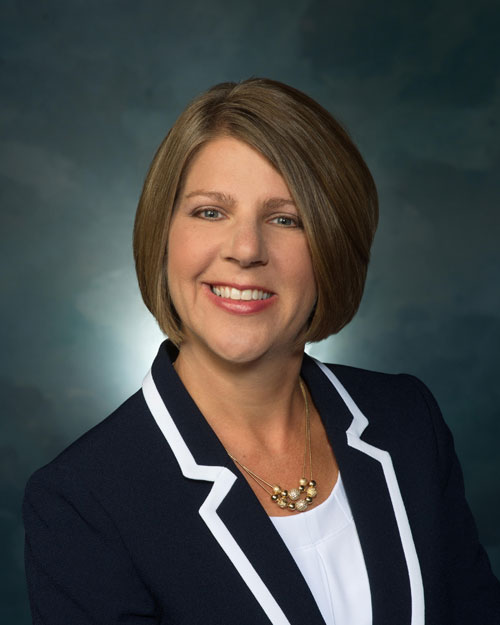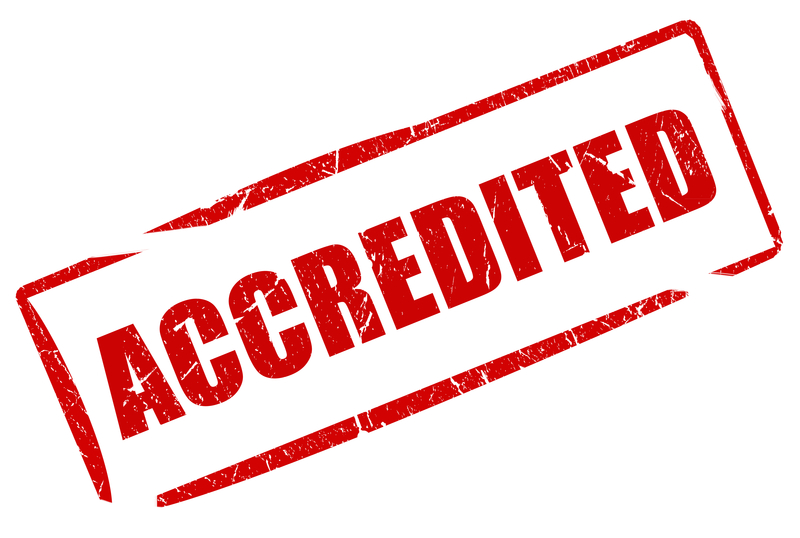Some human service agencies view accreditation as a luxury. Others see it as a hassle. Yet the benefits are undeniable.
Achieving national accreditation announces to the world that your organization strives to be the best it can be. That’s hard work, but the process sets you on the course for long-term greatness.
Attempting to cultivate a culture of excellence and reach lofty goals enhances your reputation, but accreditation also offers more practical benefits: it’s a reliable way to increase revenue and decrease costs, objectives that are valued by almost every human service agency.
Accreditation Requirements
Due to the advent of the Family First Prevention Services Act (FFPSA), many child welfare organizations that provide residential, out-of-home care and seek federal government funds are required to be accredited, a mandate that takes effect beginning in October of this year (though states have the option to delay the process for up to two years).
Several states also require that various types of service providers become accredited as a qualifying step toward earning their license or receiving higher reimbursement rates.
Culture of Excellence
Without question, accreditation signals to potential funders and clients that your organization adheres to high standards, internal cohesion and exemplary service delivery.
Other benefits include improved internal and external stakeholder communication and enriched staff training programs that, in part, lead to enhanced services to clients.
The results of a questionnaire sponsored by the Council on Accreditation affirm these assertions:
* 94 percent of respondents agree that the process “improves transparency and accountability”
* 86 percent contend that it “improved outcomes for the people they serve”
* 90 percent acknowledge that it “improved their quality of services”
Gaining accreditation from a prominent agency also demonstrates your commitment to reach beyond the minimum licensing standards and maintain strong management, program consistency, financial controls, outcome measurements and continuous improvement.
Financial Incentives and Quality Improvement
Beyond the cultural benefits to earning accreditation, there are more practical reasons to seek this distinction. According to The Joint Commission, a prominent accrediting agency, the accomplishment beefs up your bottom line by increasing reimbursement rates, in part by reducing paperwork preparation time.
Accreditation forces organizations to focus on quality improvement and measure outputs and outcomes of deliverables, which both funders and stakeholders are increasingly demanding.
Planning service offerings and maintaining meticulous documentation can attract additional recognition and funding sources from governments, foundations, grant makers and individual donors.
It also boosts referral volume. The Joint Commission contends that other positive outcomes include an increased “ability to work with a broad array of clients” that improves “an organization’s ability to participate in referral networks, thus potentially increasing the value of referrals.”
The Joint Commission further found that “payers want to work with organizations that provide high quality services, which helps elevate their brand” and pay public relations and marketing dividends.
Accreditation decreases risk due to the development of management plans, which in turn lowers liability and insurance costs. Data collection, an increased effectiveness of care and improved intake billing also streamline costs.
A recent study sponsored by CARF International, another accrediting body, compiled startling statistics demonstrating that CARF-accredited programs experienced a 26 percent increase in persons served annually, a 37 percent increase in conformance to quality standards and a 37 percent increase in annual budget dollars programs from before their first survey as compared to their latest survey.
Accreditation in Action™
“The accreditation and re-accreditation process helped us raise the bar for our staff and the population that we serve,” said Hughes Johnson, managing director of compliance and performance improvement at Memphis-based Youth Villages, which operates in 14 states across the country, shared his organization’s experiences with accreditation.
“It’s a tough process with a large number of standards, but it helped us develop a defined policy that holds us accountable.”
According to Elizabeth Carey, president and CEO at Starr Commonwealth, which offers programs for children and families in Albion, Michigan, her organization is dedicated to “performing at the highest levels for the children, families and communities we serve.” Therefore, “achieving and maintaining accreditation is a critical factor to ensuring high quality.”
The Payoff
Many human services agencies claim that they adhere to upholding high ethical and client service standards.
Far from being a chore, achieving accreditation has become a necessity for all human service organizations participating in today’s competitive environment. In addition to sending a definitive sign that quality and consistent professionalism permeate your organization’s culture, it offers tangible benefits that pay dividends every day.
For more information or for assistance with becoming nationally accredited, contact us at info@AccreditationGuru.com.
 Carol started her accreditation career in 1980 when she implemented a substance abuse outpatient and prevention program for the State of Michigan Office of Substance Abuse Services. For more than a year,
Carol started her accreditation career in 1980 when she implemented a substance abuse outpatient and prevention program for the State of Michigan Office of Substance Abuse Services. For more than a year,




